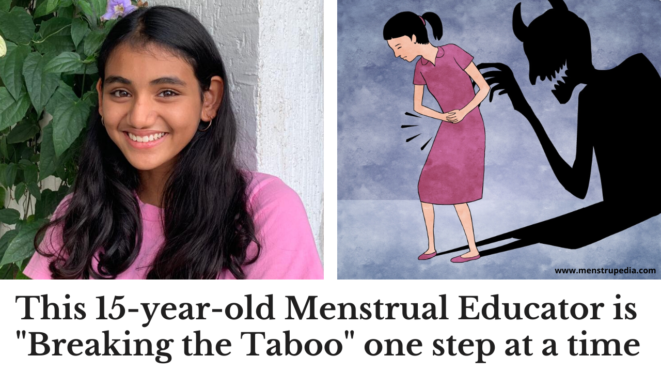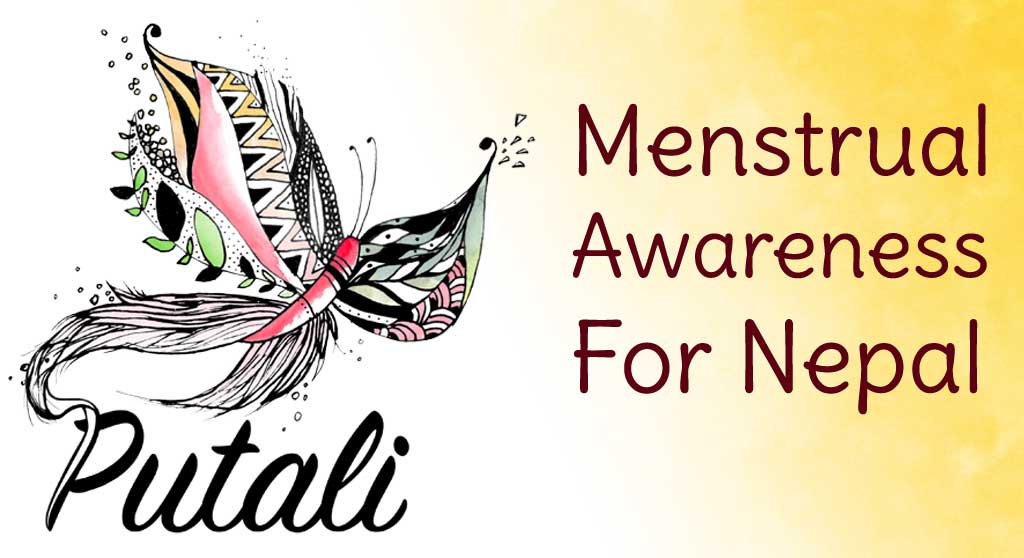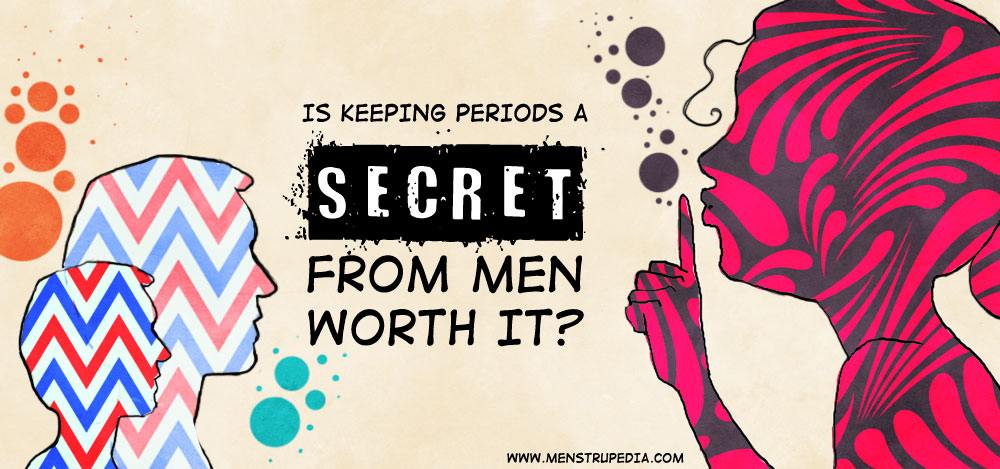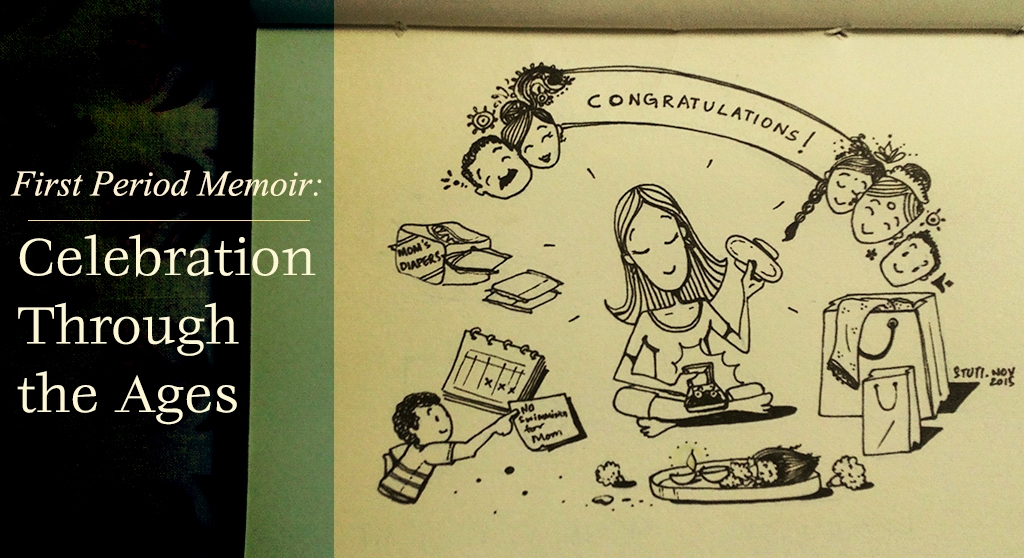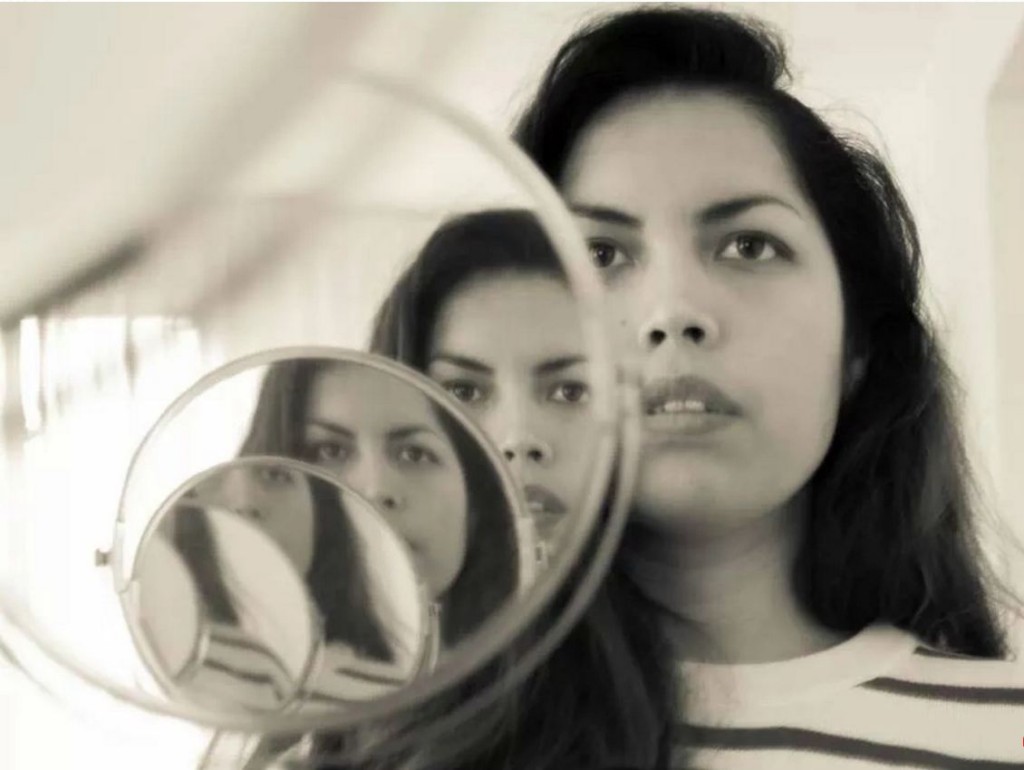We got in touch with Manavi Nag, a 15-year-old student from Mumbai, India. She grew up in three different countries and is passionate about all things related to equality. She strives to use her voice for change, and uses her writing as a platform to creatively address and spread awareness about gender equality, LGBTQ+ issues, and the taboos surrounding menstruation.
Over the past ten months, she has been working on writing a book to break the taboo surrounding menstruation in India. Her book follows the real-life trials, tribulations, struggles and hardships of seven young girls and their experience with periods. In our brief chat with her, here’s what she had to say.
1. Please tell us a little something about yourself, your initiative, and the kind of work you do.
Hi! My name is Manavi Nag. I’m a high school student from Mumbai, India, and I am on a mission to Break the Taboo surrounding menstruation in my country. Apart from that, I love to travel, eat, and try new things. I use writing as a form of expression and as a creative outlet.
Millions of girls all over the world fall victim to the toxic taboo and stigma that surrounds menstruation and they face countless amounts of struggles because of it. So my initiative is to break the taboo surrounding menstruation in India one step at a time whilst also starting conversations and raising awareness in our communities about it.
Some of the efforts I have made include conducting a workshop with underprivileged girls about menstrual hygiene and the science behind periods, as well as the implementable and realistic ways in which they can break the taboo. I have also held a stall with my friend at a school event that was based around starting a menstrual conversation within our community.
Most recently, I have authored a book about the real-life stories of seven young girls’ trials, tribulations, hardships and struggles surrounding their periods.
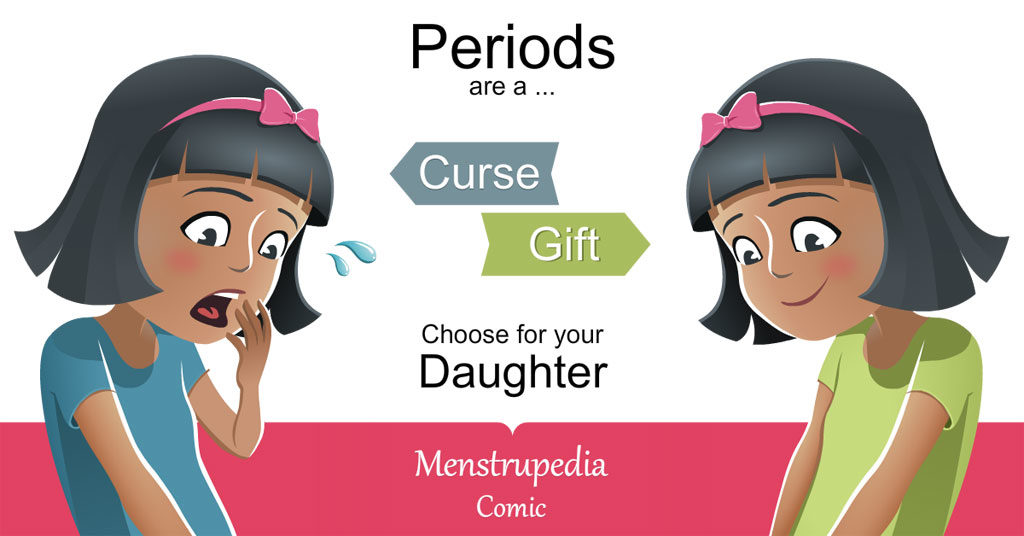
2. What made you decide upon running an initiative on Menstrual Taboos?
I think what really sort of sparked this initiative was seeing the effect of the taboo surrounding menstruation on many young girls who were of my age. Reading statistics such as that of less than 20% of menstruating women in India using pads and 23 million girls dropping out of school each year because they started menstruating, made me truly upset because young girls and women suffer due to a natural and biological process.
When I found out that so many girls didn’t know what periods were before they got it for the first time, I was completely shocked. I could not imagine seeing blood come out of my body and not know what was going on or why it was happening.
Another thing that really triggered my motivation to kick-start this campaign was to see girls in my school smuggle their pads as if it were some sort of illegal object every time they went to the bathroom. I used to do it too, and all this because young girls are conditioned to hide their pads or anything remotely taboo in order to avoid causing any inconvenience or discomfort to society at large. These reasons made me feel really strongly about breaking the taboo!
3. Can you tell us more about the scope, reach and impact of this book? What were the demographics like?
My book is called Breaking the Taboo and it’s all about what its name suggests! The scope of my book is to reach as many people as it possibly can to get a conversation going at family dinners, and in the face of menstrual discrimination in order to fight to break the taboo.
The intention is to make people aware of the taboos that exist in India and to get them to act upon it. I want to reach as many people in India as I can because dialogue and awareness are what will truly break taboos.
The ideal impact of this book would be that young women would feel empowered and comfortable to discuss periods in front of anyone, regardless of gender, age, sex, etc., and that people would be open and willing to listen. My main target demographic is women, right from teenagers to adults!
4. Were there any challenges you faced while pursuing this noble cause of empowering girls about periods?
For sure! Looking back, I think the biggest challenge for me was to be mindful of interviewing the young girls in my book for their stories. It was imperative that I was being mindful about prioritizing the girls’ wellbeing and comfort when sharing their stories and not being forceful or inconsiderate about their feelings.
Another challenge was in finding the courage to talk about a topic like menstruation which has such a negative connotation attached to it and which so many people find to be a supposedly gross topic. I realized that if I was going to work on Breaking the Taboo, I would have to start with myself. So, I stopped hiding my pads whenever I went to the washroom in school, I had conversations about it with the people in my life, and I spoke about it openly and without shame. Of course, there is always room for self-improvement, but taking even these small steps exercised a significant influence on the way I think now.
5. What are the changes you hope your work would bring about in the lives of girls and women?
Wow! There are so many! I feel like the main one for sure would be for women and girls to feel empowered, comfortable and safe when talking about periods in front of everyone in their lives, be it grandparents, fathers, or friends. I want girls and women to be able to express the excitement, discomfort, pain, opinions and stories that come with periods and for them to be able to engage in conversations with the people in their lives. I want those people who are listening to women and girls to also feel comfortable and to normalize it when they hear females talk about their periods. I want families to talk about menstruation and start conversations with each other.
I would also love to see a shift in people’s mindsets when hearing or dealing with menstruation. The last aim would be for girls to have sufficient knowledge and awareness about menstruation before menarche so that when they do get their periods, they feel far more at ease.
6. Any insights on how you went about conceptualizing the book? Did you adopt certain techniques and advocacy approaches to the problem?
Yes, I conceptualized the book by deciding on an aim and a goal that I wanted to achieve with its content. In my case, it was breaking the taboo, but it could be so many different things. I decided that the only way I could break menstrual taboos would be by raising awareness and starting difficult conversations. I think the idea of using real-life stories of young girls from underprivileged backgrounds was to get people to really reflect and think. They would wonder, “Wow, a girl actually went through this,” or “I can’t believe that happened to her,” which would be the perfect way to start a conversation.
In terms of techniques, I wanted to provide a really immersive experience for readers so that they would be able to empathize with being a teenage girl in the community the girls lived in, and in the contexts from which they came. I wanted readers to place themselves in the shoes of the girls. I wanted their thoughts to be provoked and their ideas to be challenged, which is why I chose to have real-life stories and to use an immersive and descriptive writing technique.
I also opened my book up to my direct school community to advocate about menstruation through creative storytelling. The community (teachers and students alike) sent in poems, prints and artworks for my book as a way of showing their advocacy through their creative modes of expression.
7. What was the best moment/part of pursuing such a project? Perhaps there is something that makes you feel rewarded for the effort you put in?
The whole process was rewarding! There are a few moments that really stick out to me though. The first one would be after interviewing and conducting the workshop with the young girls. They were so strong and inspiring, and I was so moved by their resilience and strength. They really changed my outlook towards life and put a lot of things into perspective for me. Their stories were so moving and I really wanted to honour them and their stories through my book. The other really rewarding moment was in seeing the pride and happiness of my family when they saw my book up on Amazon. They supported me from the beginning and to see how proud and excited they were for me, made me feel really rewarded and blessed!
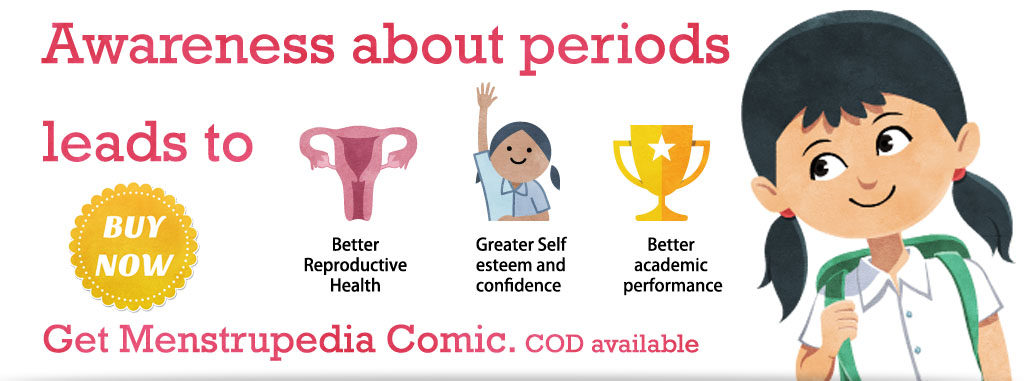
8. Do you have a message for our readers?
At the start of this process, I didn’t think I could write an entire book! I didn’t think I had it in me. But as time went on and I immersed more of my time into this cause, I felt connected, and I got this sense that I could really create some type of lasting change. I thought about the people I could reach and positively impact with the book and how many conversations I could start! If there’s something you really want to do and if you set your mind to it, then there really is no obstacle big enough in your path that will stop you from getting it. For every one excuse you tell yourself as to why you shouldn’t, there will in reality be ten reasons as to why you should.
Change really does start from within. You really do have to power to affect change wherever you want to see it! The conversation surrounding menstruation isn’t going to change very much with this one book that I have written, but if all of us come together and demand to see the change we want and work towards it, the conversation will start to morph into something bigger and more impact-oriented. And all this, for the better!
‘Breaking the Taboo’ isn’t going to be easy but we can all do something to dismantle it bit by bit. Like talking to the people closest to us, educating ourselves more, and listening to what people have to say. I truly do believe that together, we can break the taboo and see real change surrounding the topic of menstruation if we come together as one large entity, a single force of change that cannot be reckoned with.
Link to the book
Interviewed by: Menstrupedia Staff
Edited by: Divya Rosaline


